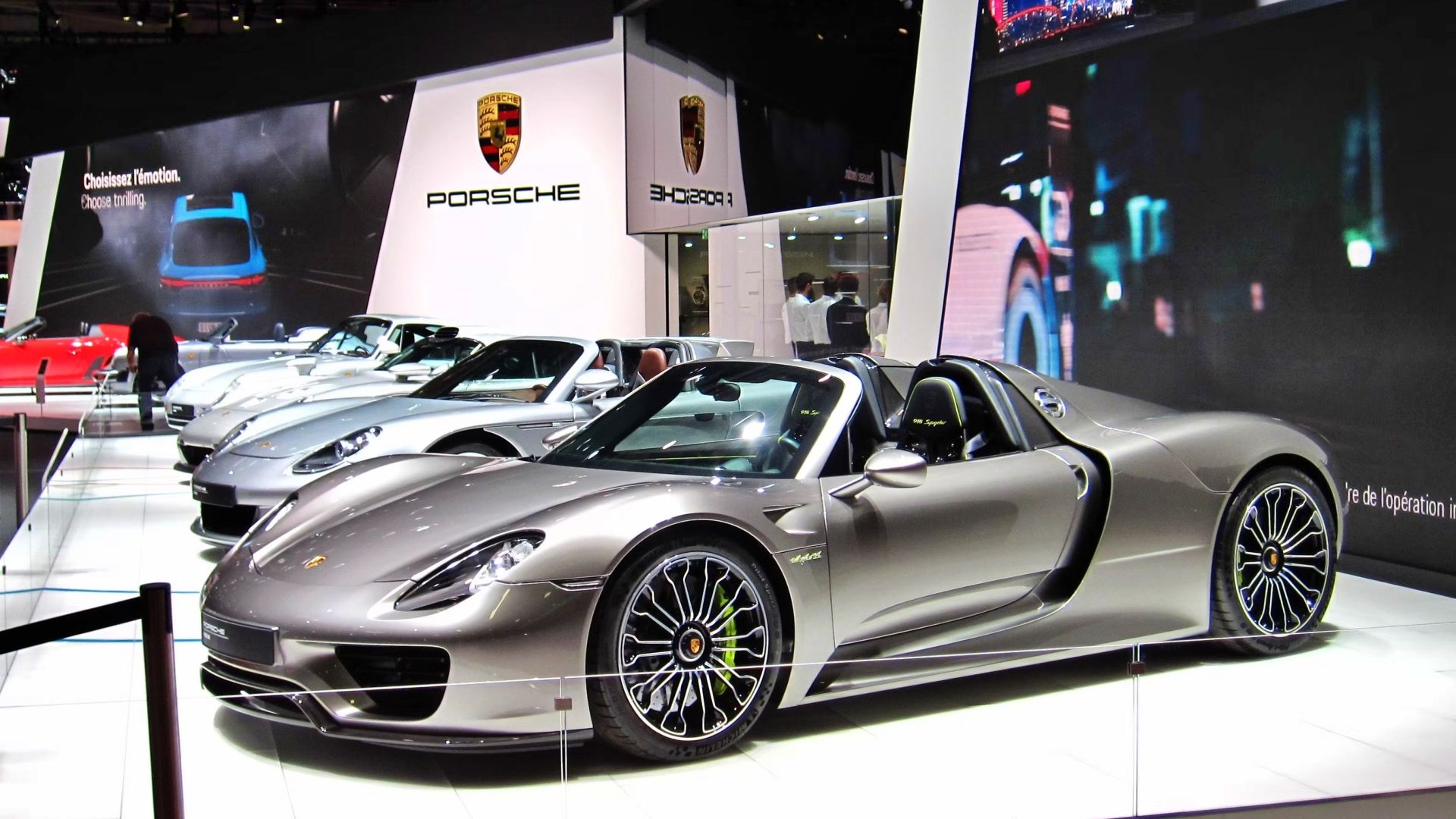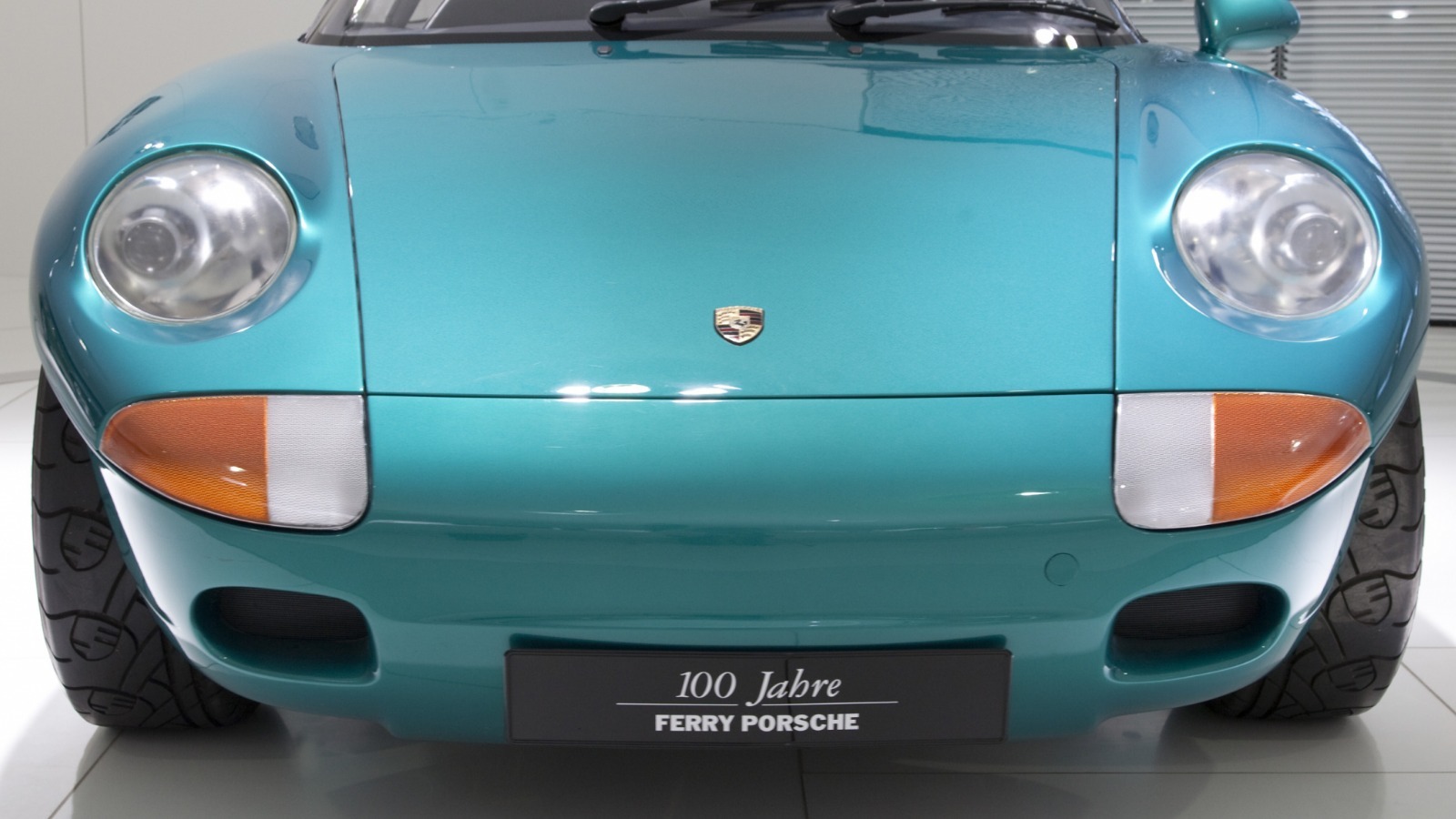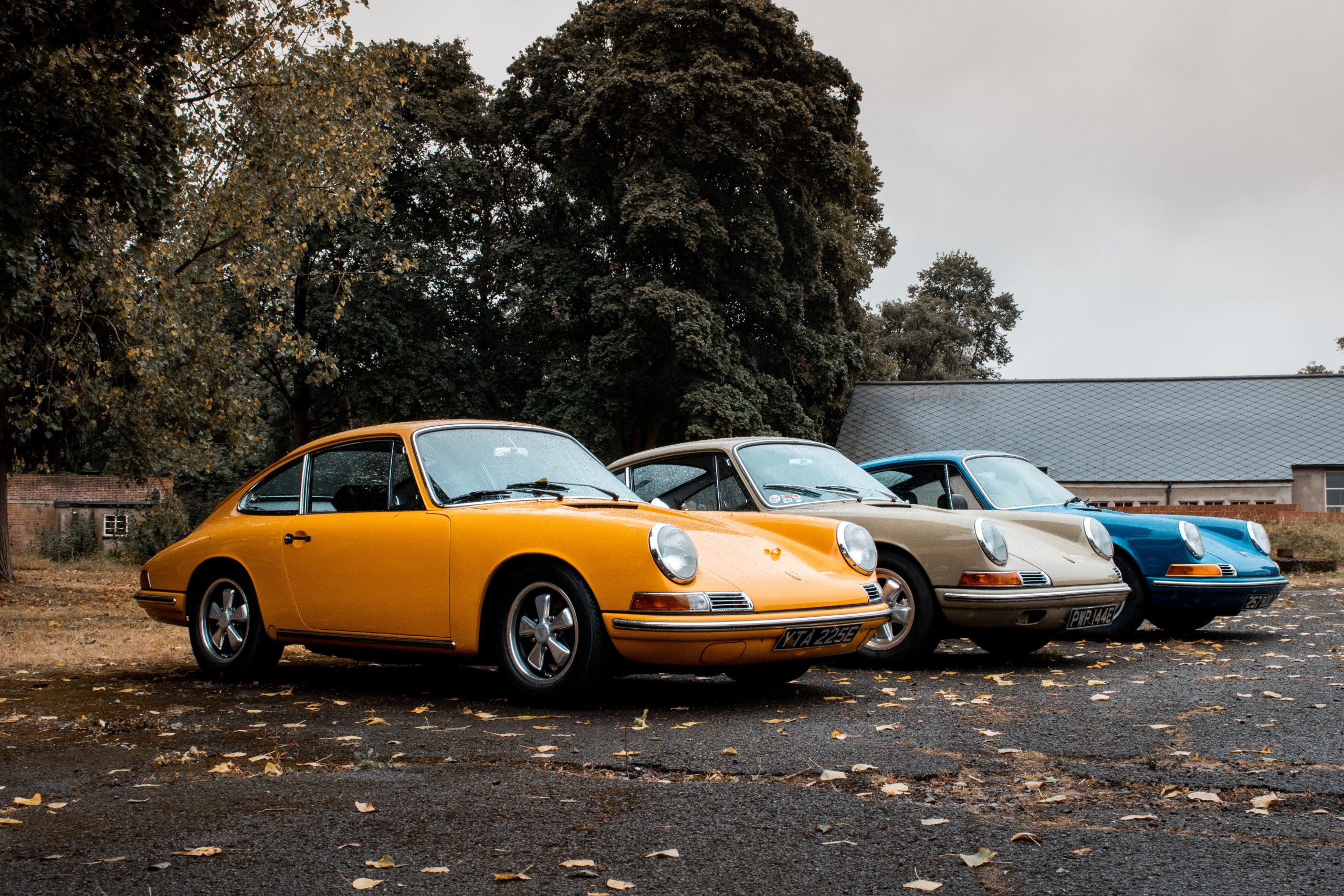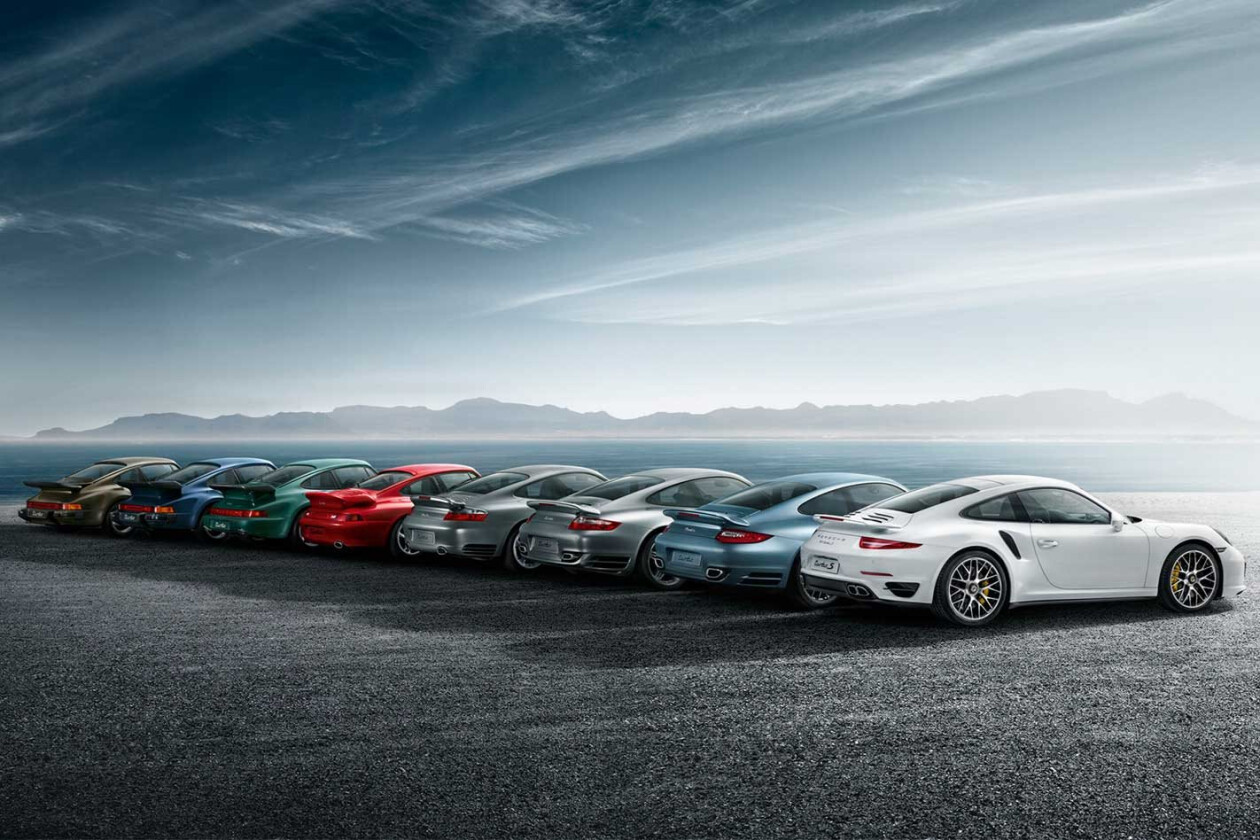Who Made Porsche Car: A Deep Dive Into The Origins Of An Icon
Share

When it comes to luxury sports cars, few names resonate as powerfully as Porsche. Known for its blend of unrivaled precision engineering, breathtaking design, and race-bred performance, the brand has cemented its place in automotive history. But who made Porsche car? To understand the origins of this iconic brand, we must delve into the life and legacy of its founder, the evolution of its models, and the innovative spirit that has defined Porsche for over 70 years.
The Genesis of Porsche: Ferdinand Porsche
Porsche's story begins with Ferdinand Porsche, an Austrian automotive engineer born on September 3, 1875. His career kicked off in the early 20th century, where he honed his skills at various European automobile companies, including Daimler-Motoren-Gesellschaft. After establishing his own engineering office in 1931, Porsche began consulting for clients, including the creation of the iconic Volkswagen Beetle.

In 1938, Ferdinand Porsche’s engineering prowess led to the inception of the first Porsche vehicle—the Porsche Type 64, which was designed primarily for racing. This vehicle laid the groundwork for what would later become one of the most prestigious car manufacturers in the world.
Post-War Revival: The Birth of the Porsche Brand
After World War II, the Porsche brand was officially launched. Ferdinand's son, Ferdinand "Ferry" Porsche, played a crucial role during this period. Recognizing the need to create a new vehicle, he developed the Porsche 356, which hit the market in 1948. The 356 was initially built using Volkswagen components, a nod to the family's involvement with the Beetle.
Ferry Porsche’s vision was to create a sports car that was not just about speed but also about everyday usability. This philosophy resonates through the company's DNA and helped set Porsche apart from its competitors.

The 911 Revolution
In 1964, Porsche introduced the 911, a model that would change the course of automotive history forever. Designed by Ferdinand "Butzi" Porsche, the 911 redefined performance and design, featuring a distinctive shape and rear-engine layout. It was a bold departure from its predecessor, the 356, yet it retained many of the qualities that made Porsche special.
The 911 quickly earned its place in motorsports, taking part in numerous racing events around the world. As the years passed, the 911 underwent various enhancements, but its essential character remained intact. It is often hailed as one of the greatest sports cars ever produced, enjoyed by enthusiasts for its incredible handling and robust engineering.

Innovation and Growth
As the brand matured, Porsche consistently pushed the boundaries of automotive engineering and racing technology. The 917, introduced in the late 1960s, was one such step forward. With its lightweight design and V12 engine, the 917 dominated the racetracks, winning the prestigious 24 Hours of Le Mans in 1970 and 1971. This victory solidified Porsche’s reputation as a manufacturer of high-performance vehicles.
The company continued to innovate throughout the late 20th century, introducing models like the Porsche 928, the 944, and the 968, each offering a unique driving experience while maintaining the hallmark traits of speed, agility, and comfort.
Porsche also ventured into the world of turbocharging, with the 911 Turbo debuting in 1975. This model showcased Porsche's commitment to integrating cutting-edge technology into their cars, giving drivers exhilarating performance without compromising on usability.
Modern Era: Electrifying the Future
In recent years, Porsche has continued to evolve, recognizing the need for sustainable engineering solutions. The introduction of the Porsche Taycan, the brand’s first fully electric sports car, is a significant milestone in this journey. Launched in 2019, the Taycan combines the thrilling driving experience associated with Porsche while embracing an electric future.
The Taycan has set benchmarks in performance among electric vehicles (EVs), reflecting Porsche's dedication to its racing heritage while adapting to the demands of the modern world. The growing portfolio of hybrid and electric models reaffirms that Porsche is not just about tradition; it’s also about innovation and progress.

Conclusion: The Legacy of Porsche
So, who made Porsche car? The answer is a culmination of visionary engineers, iconic designs, groundbreaking technology, and an unwavering passion for performance. From Ferdinand Porsche’s initial forays in automotive engineering to the modern era of electric sports cars, the spirit of innovation remains at the core of Porsche's identity.
As the brand continues to evolve, Porsche remains dedicated to producing cars that excite and inspire. With a rich heritage and a promising future, it’s no wonder that Porsche has forged an unbreakable bond with automotive enthusiasts around the globe. Whether you’re a proud owner of a classic 911 or you're eagerly awaiting the latest electric model, one thing is certain: Porsche will always be more than just a car; it is a symbol of passion, legacy, and an enduring love for driving.
Final Thoughts
As you reflect on the incredible journey of Porsche, consider exploring its expansive model lineup, which includes everything from the nimble 718 to the opulent Panamera. Each car carries with it a piece of history and embodies the ethos of a brand that has dedicated itself to excellence in engineering and design since its inception. The legacy of Porsche is alive and well, continuing to be crafted by those who dare to dream and innovate.